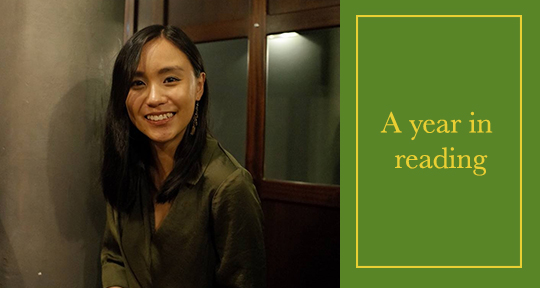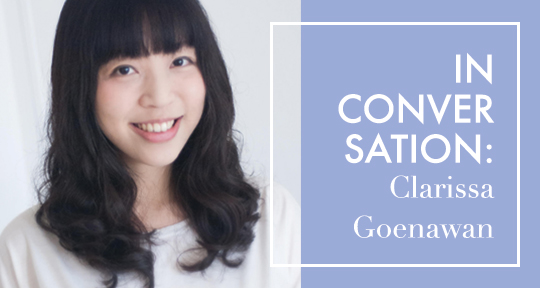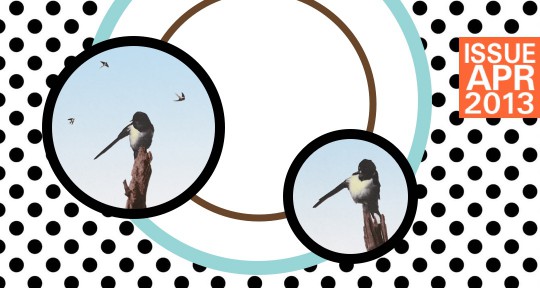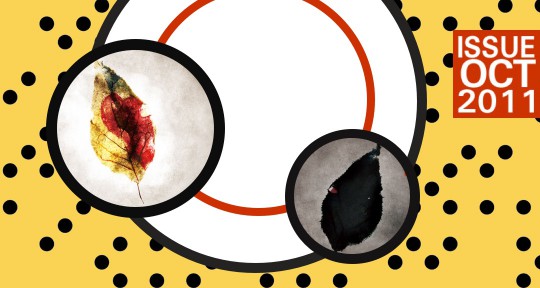Singapore’s unique multiculturalism is perhaps indicative of the world to come, an encouraging nod towards our evolving ideas of language’s forms and mutations. Just as in poetry, in which the writer is constantly mining a new idiolect from amongst the terra firma of the established vernacular, the current constraints that keep one language from colouring another are dissipating in the multilingual mindset, manifesting in a great intrigue of literary structure. This mobility of speech and its patterns—at times revolutionary, at times bewildering—is exemplified by the scrupulous and guileful poetics of award-winning Singaporean writer (and previous Asymptote contributor) Hamid Roslan, whose work simultaneously juggles and revolts against the visual, the semantic, and the syntactical. In the following essay, our editor-at-large for Singapore, Shawn Hoo, sets out on the discursive cartography charted by Hamid’s new collection, parsetreeforestfire, and finds under its myriad constructions a symphony of linguistic manipulation and play.
In 1950, within the pages of the University of Malaya’s student journal, The New Cauldron, a young Wang Gungwu pens an idealistic editorial entitled “The Way to Nationhood”—a text now regarded as a significant articulation of linguistic modernism on the peninsula hewn tightly to the dream of nationalism. He writes:
A Malayan language will arise out of the contributions these communities will make to the linguistic melting pot. The emerging language will then have to wait for a literary genius who will give it a voice and a soul, a service which Dante performed for the Italian language.
Engmalchin (a portmanteau of English, Malay, and Chinese) was the language and movement advocated by Wang and his fellow multilingual, English-educated classmates to carry the voice of poetry in post-war British Malaya, and to summon a Malayan consciousness. For this linguistic cauldron to be wrought, he had hoped for the major ethnic communities to “throw up from their native or imported civilisations the material for a new synthesis [. . .] infused with the stuff of European poetry and bound firmly in the English language.” Wang tested out this aesthetic vision in his debut, Pulse (1950); eight years later, he declared Engmalchin a failure. A new poetic idiom was premature without cultural or political independence, or as he writes, “[When] the Malayans appear, there will be Malayan poetry.” Malaya’s first dream of linguistic modernism was shattered temporarily, then permanently, when by 1965, Malaya had fragmented into what is now Malaysia and Singapore.
On the Singaporean end of the peninsula, Engmalchin’s legacy has morphed and survived as Singlish—the creole tongue mixing English, Malay, Chinese, Hokkien, Teochew, Tamil, and other languages—which in turn has found its place in Singapore poetry. Many well-loved poems, from Arthur Yap’s “2 mothers in a hdb playground” (1980) to Alfian Sa’at’s ‘Missing’ (2001) to Joshua Ip’s “conversaytion” (2012), have given voice and soul to the local speech, vocabulary, and syntax. Although one would be mistaken to assume that Singlish is the de facto register of all Singapore poets—far from it—the use of Singlish in poetry today is ubiquitous enough to go unremarked. If Engmalchin’s dream was to cultivate in poetry a national consciousness, to hold disparate languages together, and to reflect a local reality, then many will consider Singlish as its worthy and undisputed successor. READ MORE…












